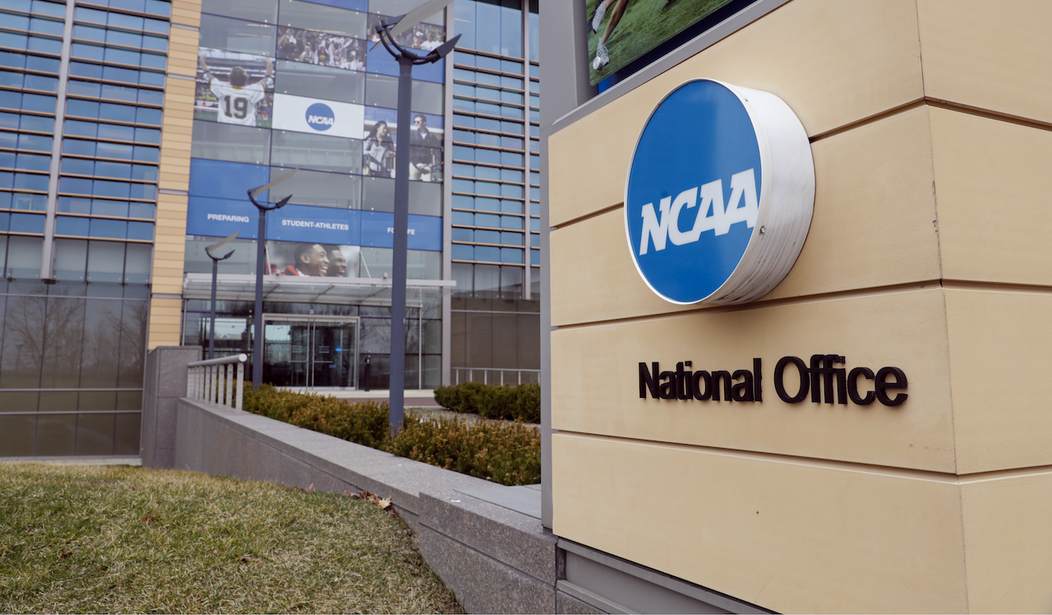As sports betting has become ubiquitous, particularly on college campuses, it stands to reason that college students would get involved in gambling. This, of course, includes college athletes, which is why the National Collegiate Athletic Association (NCAA) has been reconsidering its policy toward students who violate gambling guidelines. Earlier this week, the NCAA announced new punishments for student-athletes who bet on sports.
“The Division I Legislative Committee on Tuesday ratified guidelines for reinstating student-athletes who violate sports betting rules, the NCAA has announced,” reports David Purdum at ESPN. “Betting by student-athletes on any sport offered by the NCAA is prohibited and, in the past, has resulted in a loss of a season of eligibility.”
The new rules offer more tiers of violations, as well as penalties appropriate to each level of offense:
- Student-athletes found to have engaged in activities to influence the outcome of games they’re involved with or provided information to individuals involved in betting will face a potential permanent loss of collegiate eligibility. The guideline applies to student-athletes who bet on their own games or on other sports at their own school.
- Student-athletes who bet on their own sport but not involving their school are subject to a potential loss of 50% of one season.
- For all other wagering-related violations, the cumulative dollar value of the wagers will be taken into consideration when determining the punishment. Bets totaling $201-$500, for example, could result in a loss of 10% of a season of eligibility, plus rules and prevention education. Bets totaling more than $800 could result in a loss of 30% of a season of eligibility, plus rules and prevention education.
Over the past five years, a whopping 38 states, Puerto Rico, and the District of Columbia have passed laws involving sports betting, and a burgeoning industry has exploded, making it easier for anyone to bet on games — including college students. These days, bettors not only have the chance to bet on games, but they also can bet on individual plays and even aspects of an athletic event that don’t directly relate to the game itself.
For Our VIPs: Alabama’s Baseball Gambling Scandal May Be Just the Tip of the Iceberg
Not a VIP yet? Click here to become one.
Here at PJ Media, we’ve reported on the gambling scandal involving the University of Alabama baseball program. The school ended up firing head coach Brad Bohannon because of the questionable bets linked to him. Other suspicious bets from the same bettor led the University of Cincinnati to fire two baseball staffers.
Those scandals didn’t involve student-athletes, but schools are dealing with athletes involved in betting. “In May, more than 40 student-athletes at the University of Iowa and Iowa State were found to have violated sports betting rules,” ESPN reports.
The changes in college sports over the past few years — the transfer portal and Name, Image, and Likeness (NIL) — have drastically altered the landscape of athletics nationwide. The proliferation of sports betting at the college level is another change that universities and organizations like the NCAA will need to address and readdress as the years go on.










Join the conversation as a VIP Member